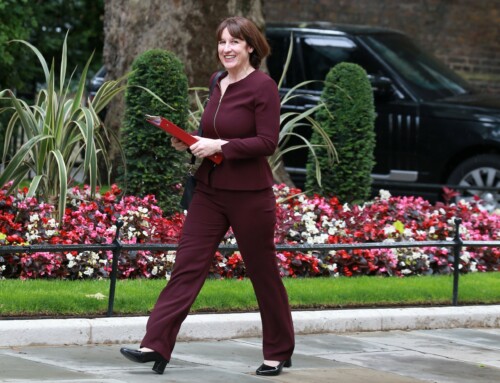2022 Mini-Budget

Today, Friday 23 September 22, Kwasi Kwarteng has unveiled his latest plans to MPs in the House of Commons, to deal with the current cost of living crisis. The Chancellor unveiled his Growth Plan to release the huge potential in the British economy by tackling high energy costs, inflation and delivering higher productivity and wages.
The Chancellor has unveiled details of the plan this morning in the House of Commons, a summary of the key points has been included below:
Key points for individuals
- National Insurance threshold
On Friday 23 September 2022, the Chancellor reconfirmed that April 2022’s National Insurance rise of 1.25% will be reversed from 6th November 2022 and the government will axe the planned levy to fund health and social care.
- Future basic rate cut on income tax
The basic income tax rate will be reduced from 20% to 19%. This cut back will be implemented from April 2023, rather than the original planned date of April 2024.
- Future tax cut on additional rate income tax
The government is also removing the additional 45% higher rate of Income Tax on annual income above £150,000 from 6 April 2023. This means that all annual income above £50,270 will be taxed at a rate of 40%.
- Tax reduction on dividend income
The Chancellor confirmed that dividend tax rates will fall from the planned increase to 8.75% back down to the original rate of 7.5% for basic-rate payers and 32.5 per cent for higher-rate payers. All of these rates had previously been increased by 1.25%.
- Stamp Duty cut
Kwasi Kwarteng revealed a package of major cuts to Stamp Duty Land Tax, with the changes expected to boost spending on UK properties and support the hundreds of thousands of jobs in the property industry. The nil rate band will be doubled from £125,000 to £250,000.
The rates are now:
- 0%: £0 – £250,000 (£425,000 for first time buyers)
- 5%: £250,000 – £925,000
- 10%: £925,000 – £1,500,000
- 12%: £1,500,000+
The Government is going even further to support first time buyers, who will now pay no stamp duty on properties purchased up to a value of £425,000 and increasing the value of the property on which first time buyers can claim relief, from £500,000 to £625,000.
This tax cut will take effect from Friday 23rd September 2022.
Key points for businesses
- Corporation tax rise scrapped
Kwasi Kwarteng confirmed the government will be scrapping a planned increase in the amount of tax companies pay on their profits. The corporation tax rate had been due to rise from 19% to 25%, under plans drawn up by previous PM Boris Johnson. The corporation tax rate will remain at 19%.
- IR35 planned changes
The 2017 and 2021 changes to the off payroll working rules (also known as IR35) will be revoked from 6 April 2023. From this date, workers providing their services via an intermediary will once again be responsible for determining their employment status and paying the appropriate amount of tax and national insurance contributions.
- Annual Investment Allowance
The Chancellor also announced more relief for businesses by making the Annual Investment Allowance £1 million permanently, rather than letting it return to £200,000 in March 2023. This gives 100% tax relief to businesses on their plant and machinery investments up to the higher £1 million limit.
Other key points
- Alcohol duty
The government is publishing its response to the Alcohol Duty Review which was disclosed within October 2021 budget. The changes will improve the current system by making it simpler on businesses going forwards. The changes will be implemented from 1 August 2023. The government has confirmed that it is also freezing the alcohol duty rates from 1 February 2023 to provide additional support to the sector.
- Sales tax-free shopping for overseas visitors
The Chancellor has confirmed the introduction of a digital, VAT-free shopping scheme with the aim of providing a boost to the high street and creating jobs in the retail and tourism sectors. The new VAT-free shopping scheme for non-UK visitors to Great Britain will enable them to obtain a VAT refund on goods bought in the UK.
- Universal credit
Rules around universal credit tightened, by reducing benefits if people don’t fulfil job search commitments. Around 120,000 more people on Universal Credit to be asked to take steps to seek more work, or face having their benefits reduced.
- Bankers’ Bonuses
Rules which limit bankers’ bonuses will be scrapped.
Get in touch
If you have any questions regarding the details in the Chancellor’s statement, please call the office on 01392 241228 or email Misty at misty@griffinaccountancy.co.uk





